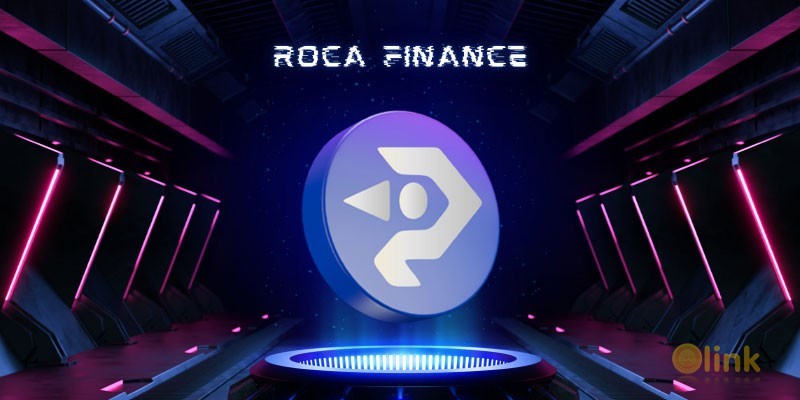ICO CasperAPI
CasperAPI ICO Links:
ICO CasperAPI Description:
Casper API is an infrastructure project for big data storage on any blockchain with smart-contract, which allows to build a file storage (photos, video, audio, text files and 3D models), to configure the optimal routes of content delivery (CDN), to store backups, to work with corporate data storage. Casper API is a project which on the 19 of December 2017 successfully completed the PRE-ICO, having collected 1239 ETH (about $1 040 000) in just 60 minutes!
Casper is a protected and reliable utility for DApp based on Ethereum platform. It is the fastest way to ensure your DApp stores data, i.e., video, photo, audio, text etc. It is implemented by joint effort of a variety of providers, which provide their hard drives and internet-channels for storing and transferring your files. They will rent their facilities in exchange for monthly reward, such as tokens. providers may choose to become local data centers, which will ensure a higher access rate and low response time for all users, both individual and companies.
Imagine our nearest future, when information will not only be generated by you, but billions of IT devices, drones, self-driving cars, robots, AR/VR. All of them require an immense storage volume for information, which will cause significant demand for the service in question from both classic-style applications and DApp. This is why we have started Casper API development early on, as it will enable us to resolve the issue of data storage quickly and promptly.
Casper API will allow cloud storage of data with a higher level of confidentiality, reliability, and flexible options for access control. It removes intermediaries between users and locations where data segments are stored. Only users will have access to their information. provider providing storage is not capable of either viewing or editing such data.
To ensure higher file transfer rates, we use a proven peer-to-peer protocol (hereinafter P2P). Those principles introduced by decentralized applications will enable future reduction of storage costs with respect to DApp, and hence cut costs for end users. This will further enhance their development and increase the spread of such decentralized applications.









